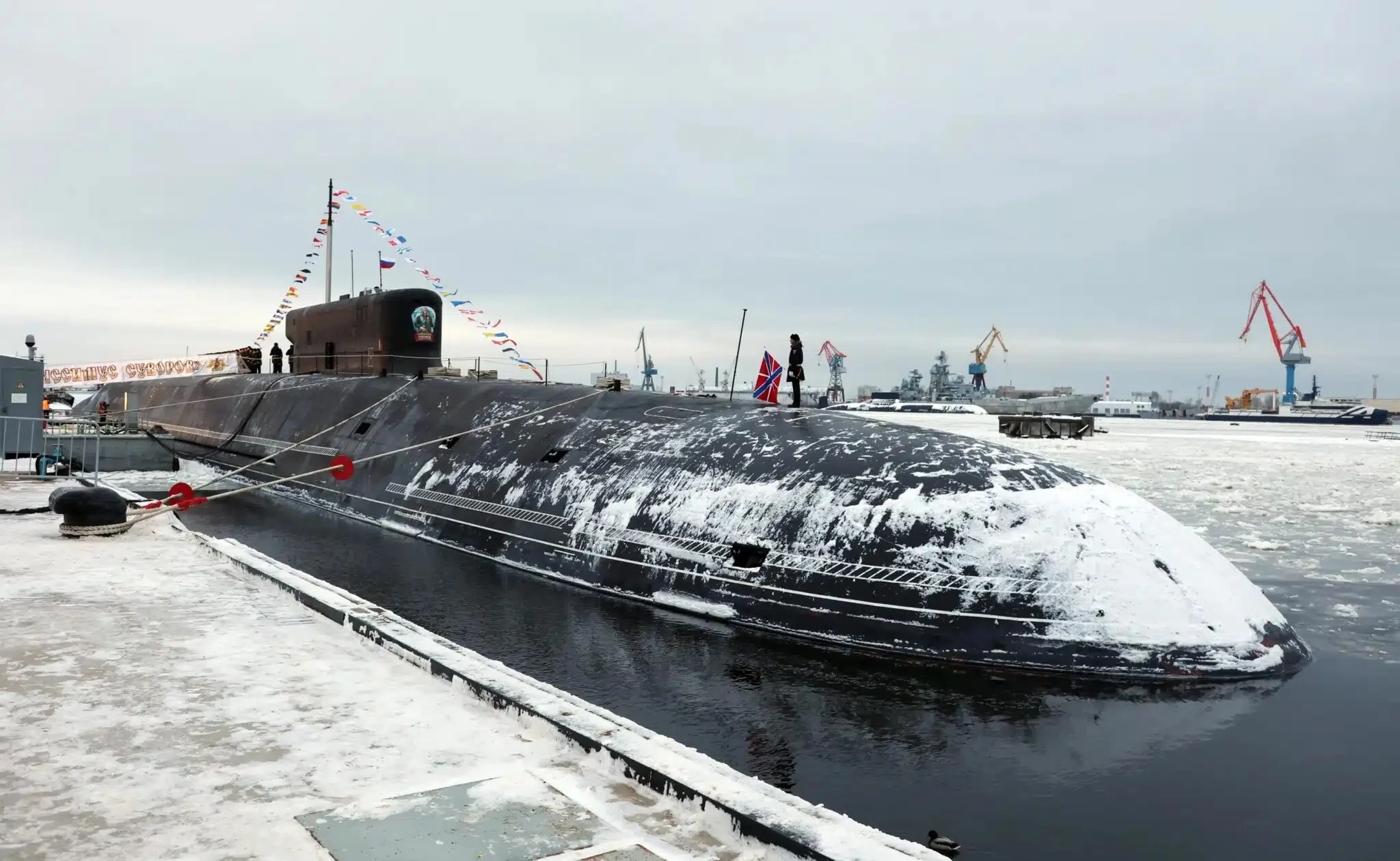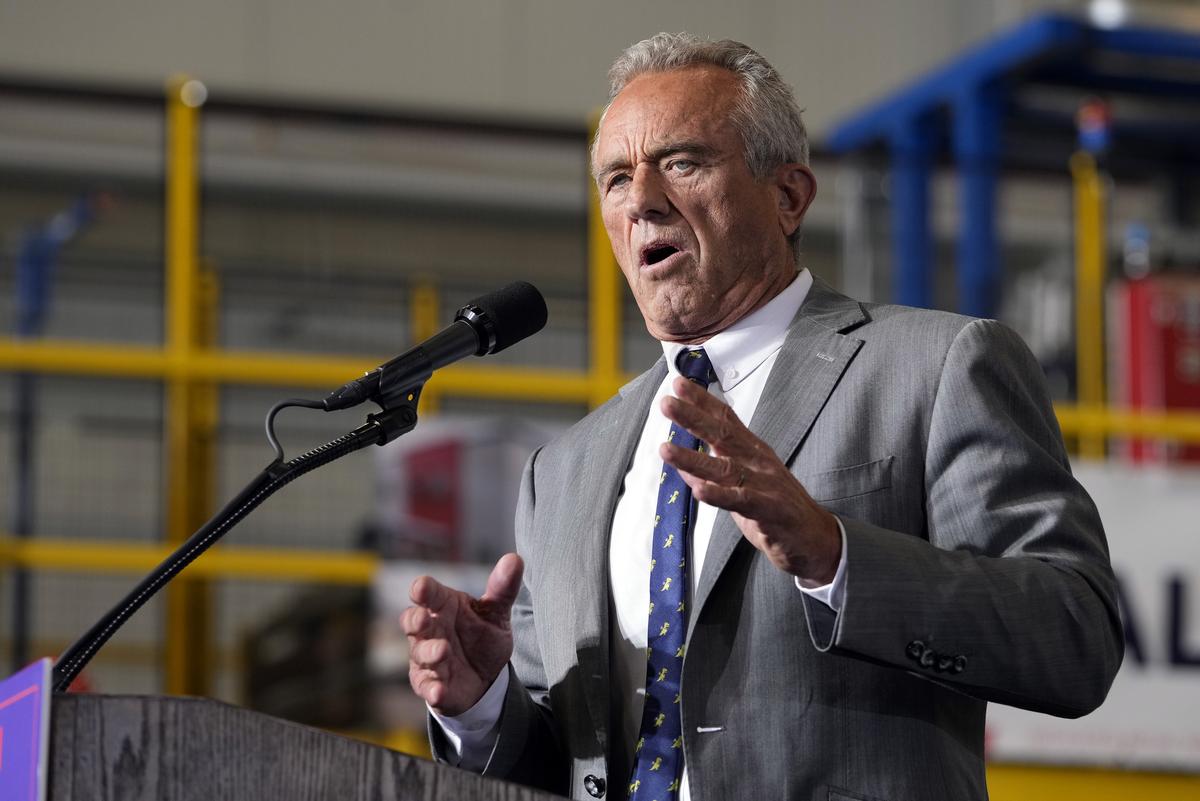
The geopolitical landscape of North America and Eurasia is increasingly becoming a hotbed of complex economic negotiations and strategic real estate ventures. Among the regions capturing attention is Alaska, which stands at the crossroads of Russia and the United States. Historically viewed as a remote wilderness, Alaska is now emerging as a potential hub for significant international real estate deals, particularly involving Russia and the US. This evolving scenario prompts questions: could Alaska witness yet another transformative Russia-US real estate deal? And what factors are driving these high-stakes negotiations? Let’s explore this fascinating development in detail.
The Historical Context of Alaska’s Strategic Position
Alaska’s geographical location has always played a crucial role in its strategic importance. Situated at the intersection of the Arctic and Pacific Oceans, it acts as a natural bridge between North America and Eurasia. Historically, Alaska’s proximity to Russia — which owned it until 1867 — hints at longstanding geopolitical and economic ties. Even after becoming a U.S. state, the region retained its importance as a frontier for resource extraction and military strategy.
In recent years, climate change has accelerated Arctic melting, opening new sea routes and access to untapped natural resources — oil, gas, minerals, and fisheries. As the Arctic becomes more navigable, Alaska’s value as a geopolitical and economic asset surges, inviting international attention from Russia, the US, and beyond.
Current Drivers of Russia-US Real Estate Engagements
Economic Opportunities in the Arctic
The melting Arctic ice has unveiled lucrative opportunities for resource exploration and transportation. Russia has been aggressively investing in Arctic infrastructure, strengthening its military and economic footholds in the region. Meanwhile, the United States, through Alaska, remains deeply invested in leveraging these Arctic opportunities for economic growth.
This creates a potential for lucrative real estate deals—ranging from strategic military installations to commercial real estate and infrastructure projects. Alaska’s unique position allows both countries to negotiate deals that benefit their economic and strategic interests.
Geopolitical Tensions and Diplomatic Dynamics
Despite ongoing tensions between Russia and the US, economic and strategic interests often drive cooperation at regional levels. Real estate deals, especially large-scale investments and land agreements, can act as diplomatic tools to nurture mutual interests. Alaska, with its vast unpopulated and undeveloped land, offers a prime venue for such negotiations.
Potential for Major Real Estate Deals in Alaska
Recent Signs of Increased Engagement
There are mounting reports suggesting that both Russia and the US are exploring opportunities for renewed real estate investments in Alaska. According to India Today, there are ongoing discussions and negotiations that hint at the possibility of a significant new deal — perhaps involving the sale, lease, or joint development of key territories.
The prospect excites the imagination: could we see Russian investments in Alaskan infrastructure? Are American stakeholders open to strategic land sales or development projects that involve Russian firms? The potential is vast, spanning private sector deals, military alliances, and resource-sharing agreements.
Strategic and Commercial Factors
- Resource Development: With Alaska’s untapped oil and mineral reserves, Russia might view parts of Alaska as critical for expanding its resource portfolio.
- Infrastructure Projects: Potential joint ventures in transportation corridors or Arctic ports to facilitate smoother trade routes between Russia and North America.
- Military and Security Installations: Enhanced military cooperation or land use agreements to develop collaborative defense mechanisms in the Arctic.
- Tourism and Commercial Real Estate: Developing tourism infrastructure to attract tourists from Russia and elsewhere, boosting economic ties.
The Impact of Climate Change and Arctic Accessibility
One of the main catalysts for these deals is the changing climate. As Arctic ice diminishes, the region’s accessibility improves, reducing the costs and risks associated with resource extraction and transportation. This environmental change acts as an accelerant, prompting countries to secure strategic assets before competitors claim them.
Alaska’s existing infrastructure, although limited in some areas, can be rapidly upgraded or expanded to capitalize on these new opportunities. The potential for construction of new ports, research stations, and resource extraction facilities opens a window for accelerated real estate development that both Russia and the US can leverage.
Potential Challenges and Risks
Environmental Concerns
Large-scale development in sensitive Arctic regions raises serious environmental issues. Disruptions to fragile ecosystems, threats to indigenous communities, and climate impacts are factors that both governments will need to navigate carefully, balancing economic interests with environmental stewardship.
Political and Diplomatic Risks
Despite economic incentives, the ongoing tensions between Russia and the US could complicate negotiations. Sanctions, diplomatic disputes, and national security concerns might pose barriers to large-scale land deals or resource-sharing agreements.
Legal and Sovereignty Issues
Alaska’s land is governed under federal and state laws, but international agreements could add layers of complexity—especially if joint ventures involve foreign investments or ownership stakes. Clarifying sovereignty issues, land rights, and jurisdiction will be crucial for smooth deal executions.
Looking Ahead: The Future of Alaska’s Russia-US Real Estate Relationship
The possibility of another major Russia-US real estate deal involving Alaska isn’t just speculation; underlying economic, environmental, and geopolitical factors are increasingly aligning to make such agreements plausible. As climate change continues to reshape Arctic accessibility, and as both nations recognize shared strategic interests, Alaska may become a key landscape for innovative international real estate collaborations.
While challenges remain, the potential benefits — from resource development to enhanced security and economic growth — make Alaska a compelling arena for future negotiations. Stakeholders across government, private sectors, and indigenous communities are watching closely, hopeful for mutually beneficial deals that could redefine regional dynamics.
Conclusion
Alaska’s unique position at the crossroads of Russia and the United States makes it a natural focal point for emerging real estate opportunities. As geopolitical tensions, resource demands, and climate change reshape the Arctic landscape, the possibility of a new, significant Russia-US real estate deal in Alaska becomes increasingly tangible. Whether it’s through resource sharing, infrastructure projects, or strategic land agreements, the next chapter in Alaska’s development may see it become a pivotal player in international negotiations.
Monitoring these developments closely will be essential for investors, policymakers, and environmental advocates alike, as Alaska navigates its evolving role on the global stage.
For more updated news please keep visiting Prime News World.








